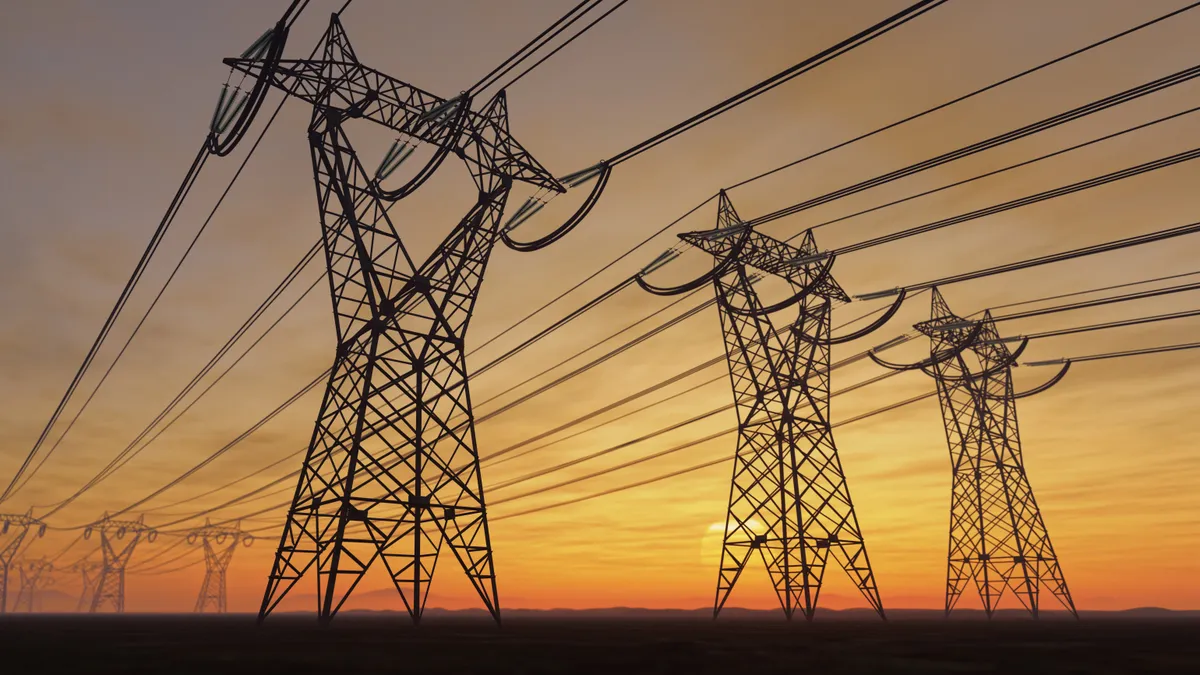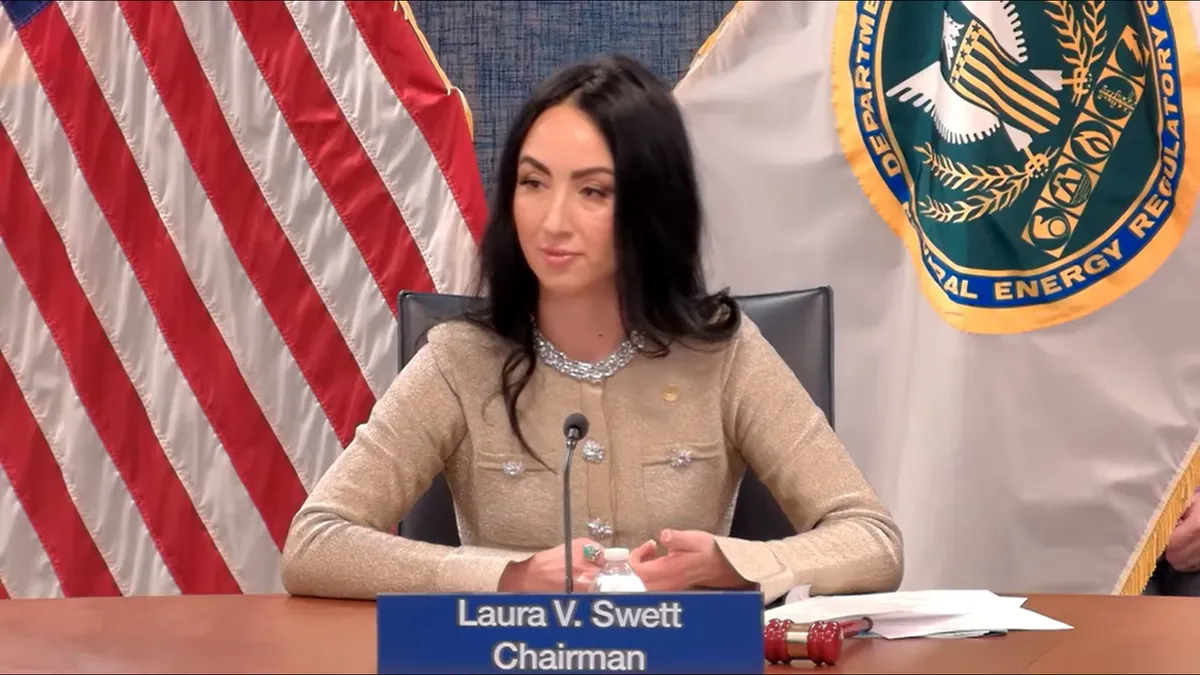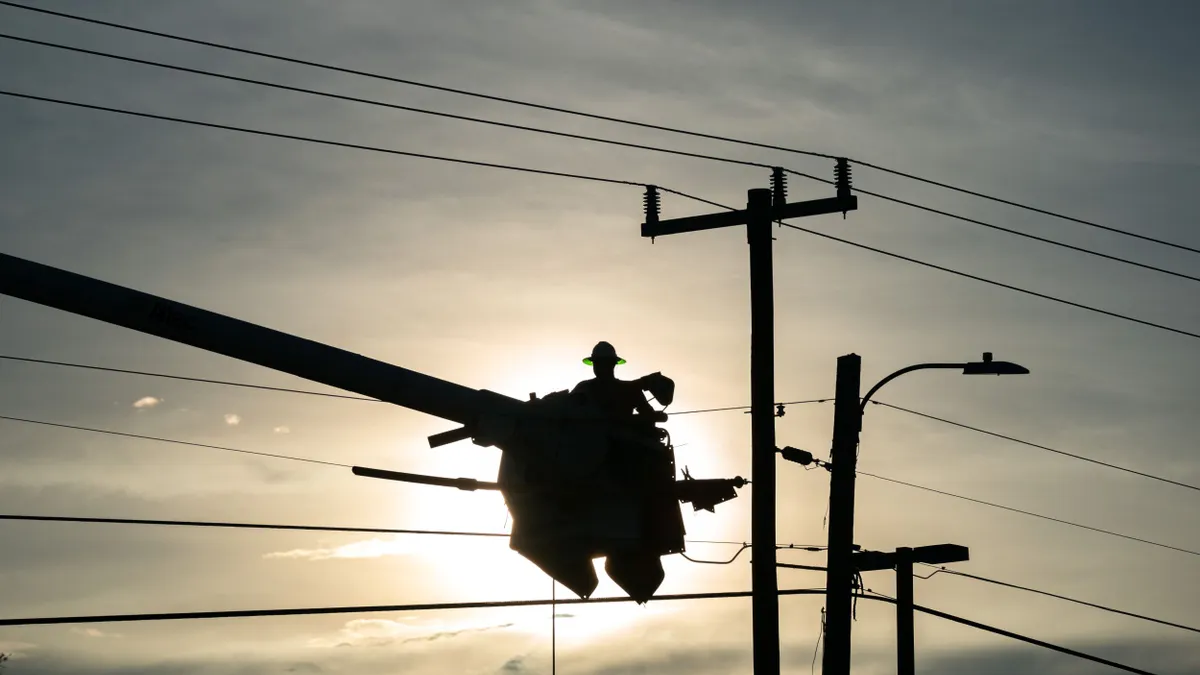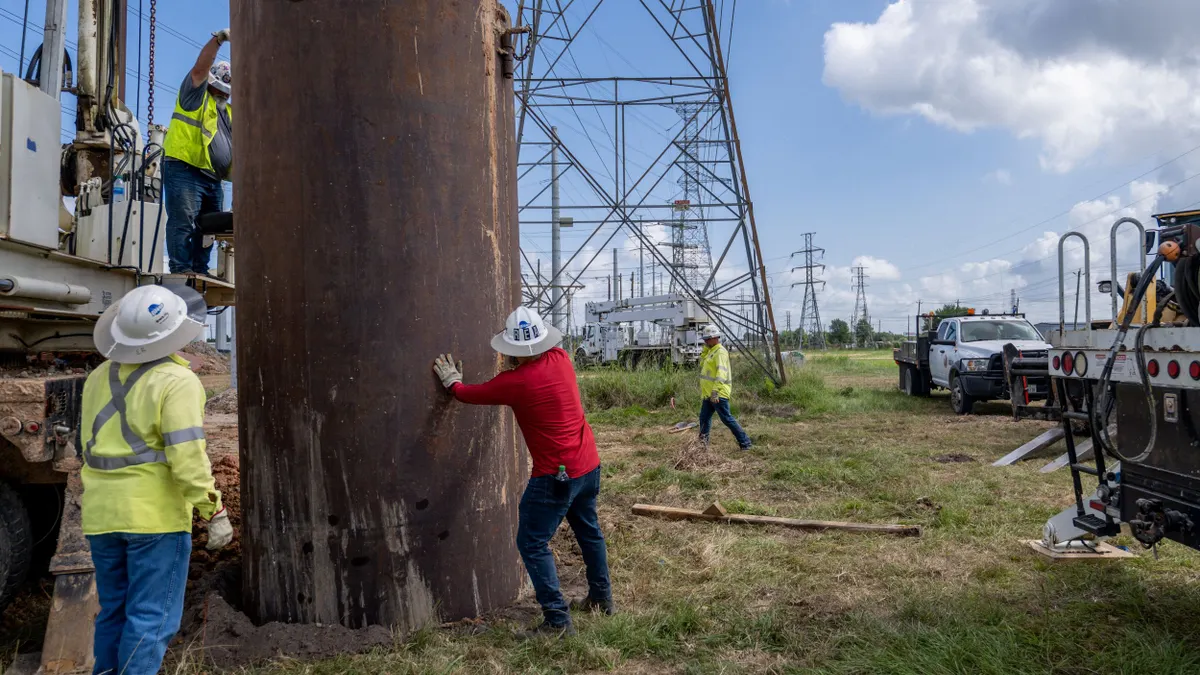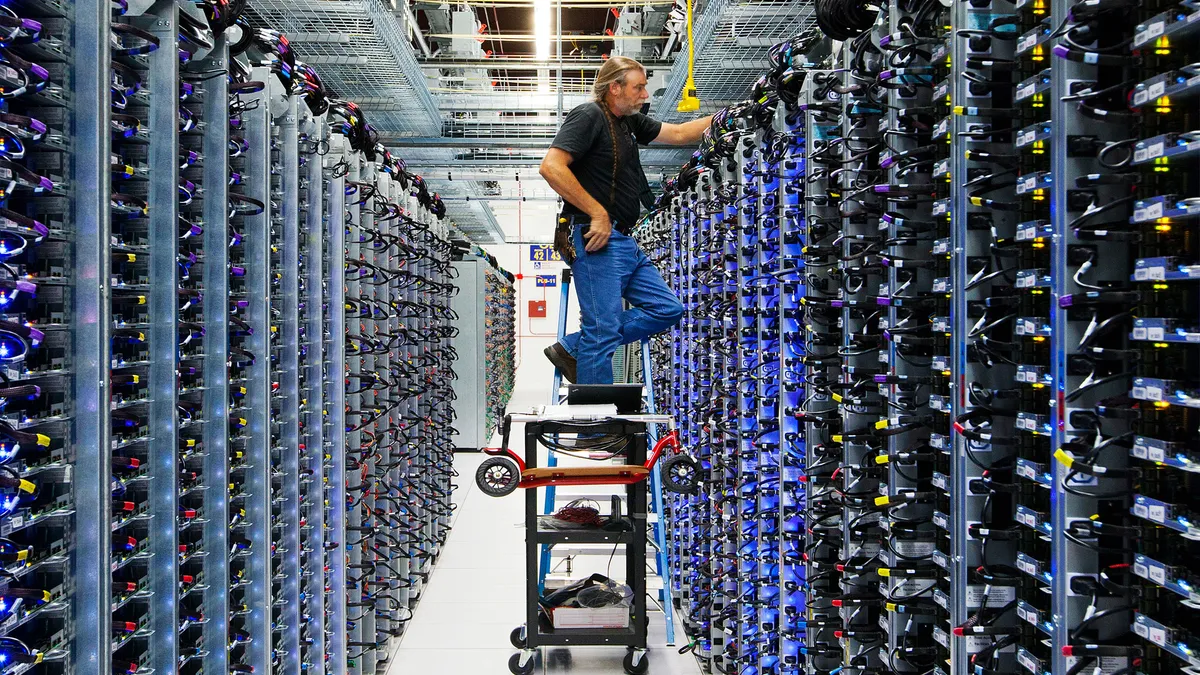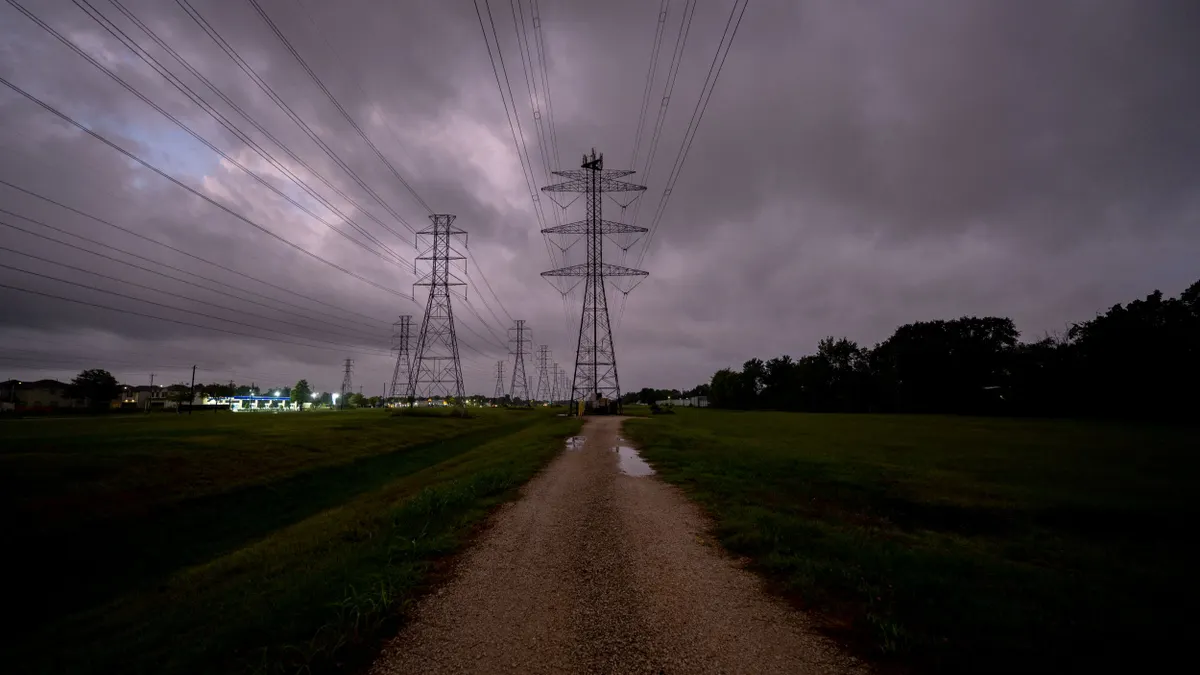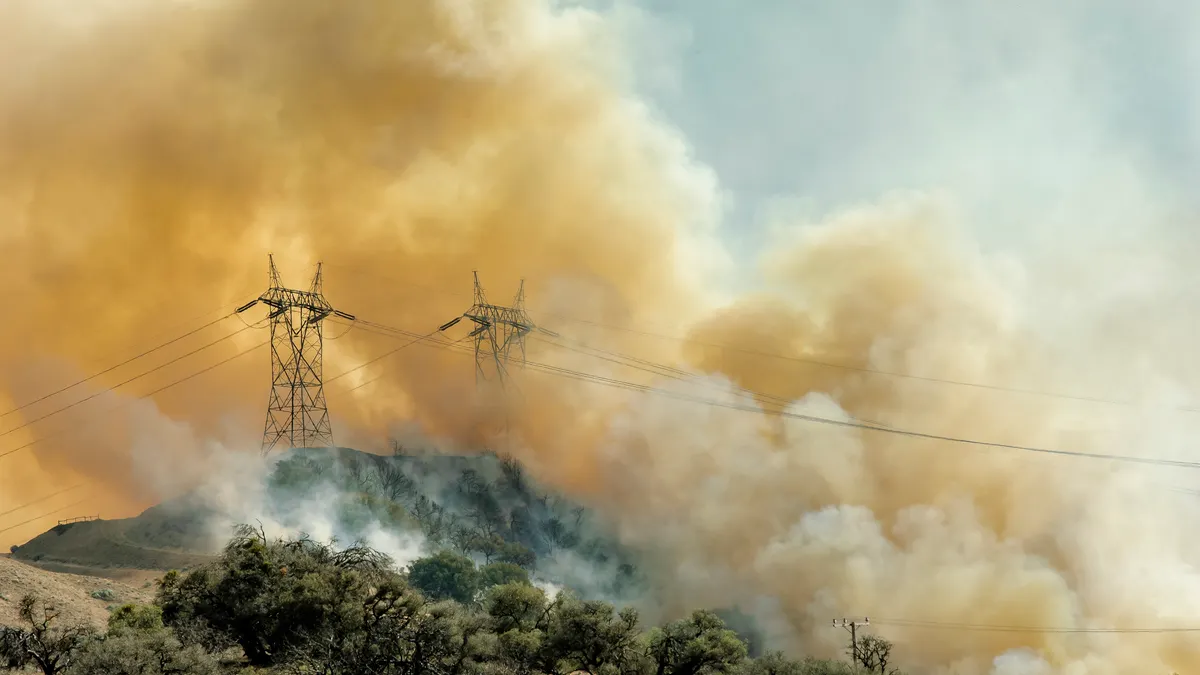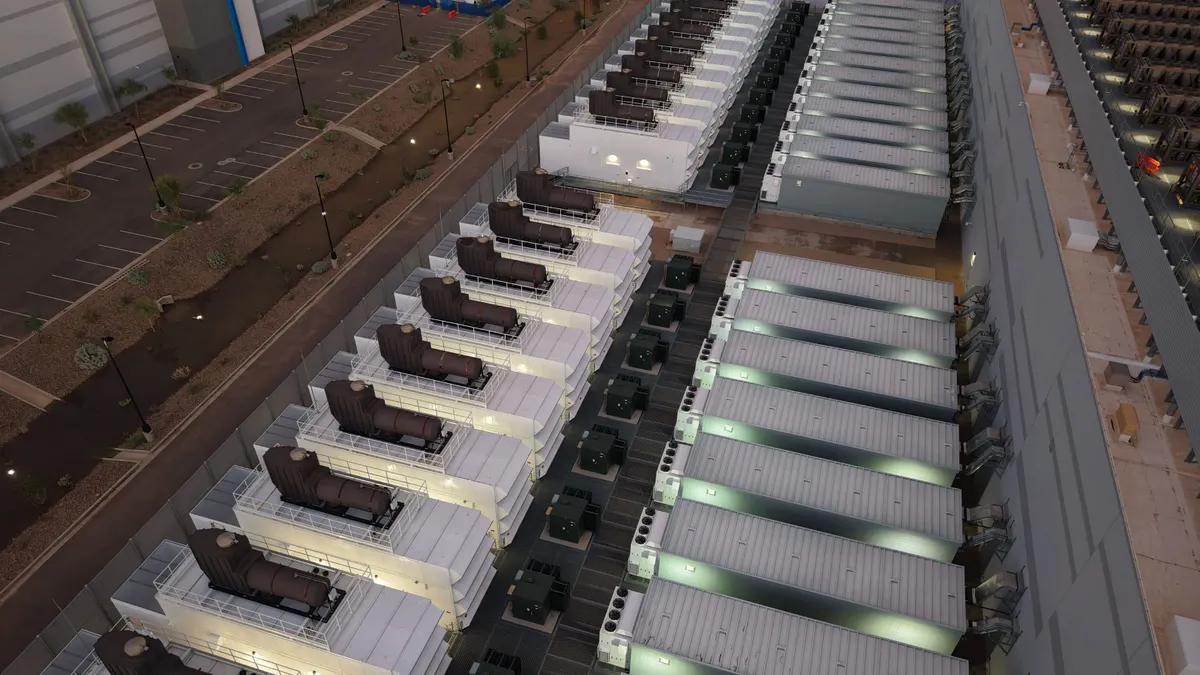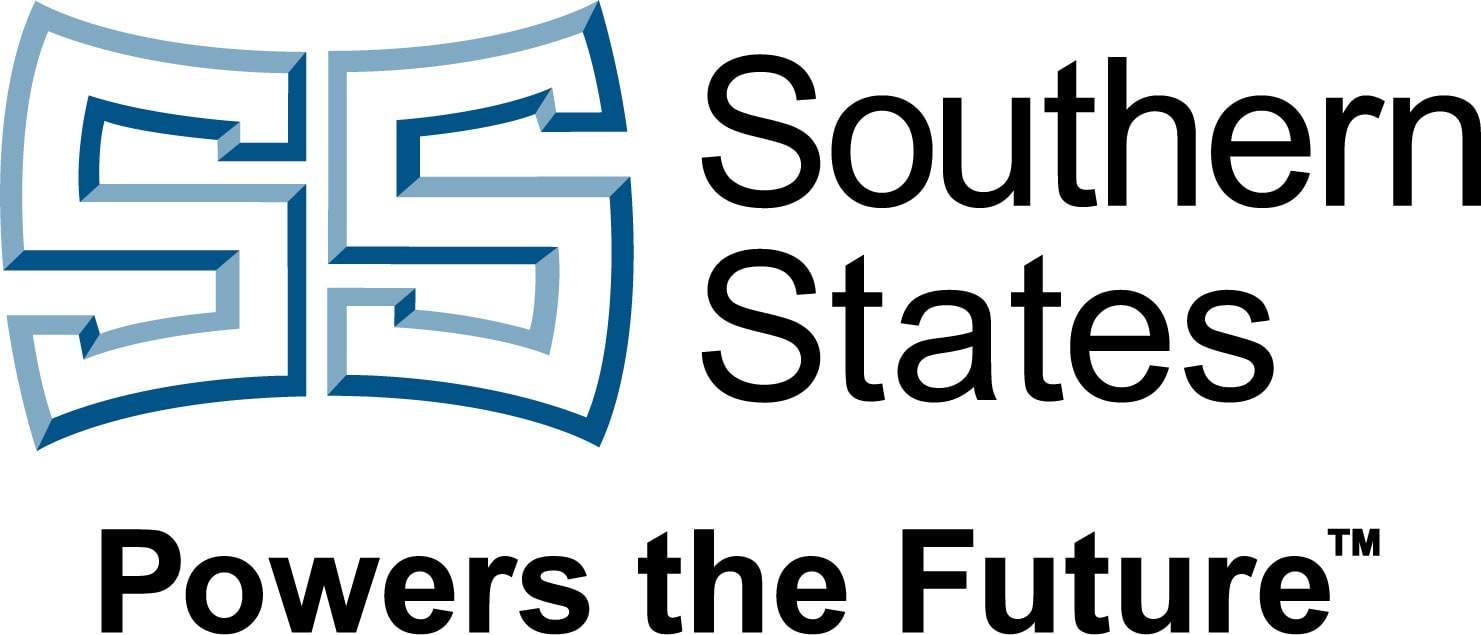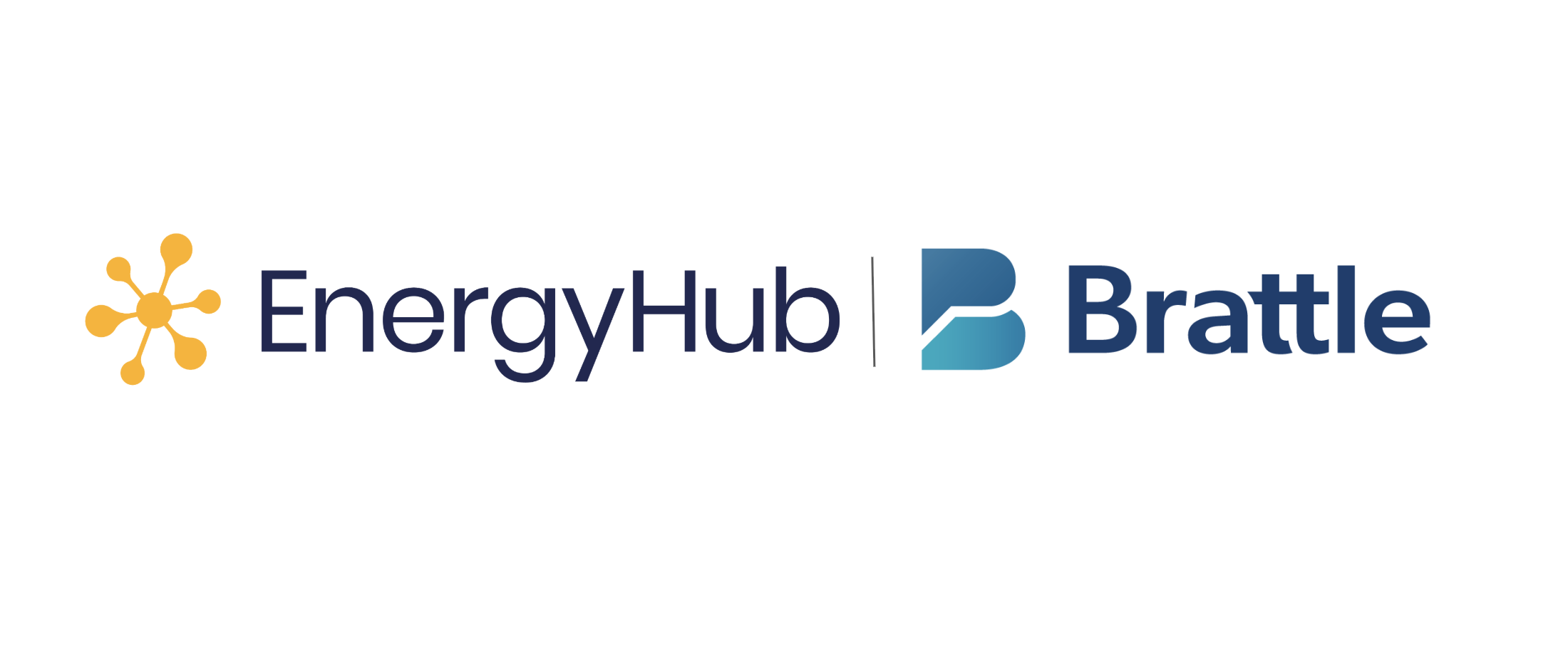Will Kenworthy is regulatory director of the Midwest and Boratha Tan is regulatory manager of the Midwest at Vote Solar.
The electric industry is in the midst of a fundamental transition toward clean energy driven by economics and the need to decarbonize the economy. Renewable energy has supplanted fossil fuels as the most economic source of energy. As technology for supply- and demand-side energy reliability evolve, energy adequacy will also be resolved. But it is important that the clean energy transition not replicate the mistakes of the past.
Vote Solar and our partners have been involved in a variety of cases around the Midwest over the past several years pursuing an equitable clean energy transition. We work to advance energy justice in all levels of electric generation, transmission and distribution. One aspect of that work is the relatively new idea of “grid equity,” by which we mean ensuring that the electric distribution grid serves all customers equitably. Concretely, this means that customers in disadvantaged communities have reliability and grid access comparable to customers in wealthier communities.
Energy justice encompasses various dimensions of utility performance, including safety, affordability, equitable grid access, especially for distributed energy resources, and access to clean energy programs. Each of these elements is integral to ensuring that all communities, particularly those historically marginalized, benefit equally from the energy system.
Grid equity, a vital subset of the broader concept of energy justice, is paramount in shaping a fair and sustainable energy future. In the Midwest, efforts to achieve this have gained significant momentum with the Michigan Public Service Commission's decision in the 2023 DTE Electric rate case. The Clean Energy Organizations — a group of nonprofit advocacy organizations that consists of the Environmental Law and Policy Center, Ecology Center, Vote Solar and Union of Concerned Scientists — proposed in June 2023 a novel approach to understanding grid equity within DTE’s service territory that used regression analysis, a tool widely used in social science, but not previously applied to understanding utility reliability performance.
By embracing the Clean Energy Organizations’ recommendations, especially the innovative use of regression analysis to assess reliability in environmental justice, or EJ, communities, the MPSC has not only addressed a critical aspect of grid equity but also advanced the larger goal of energy justice. This move has crucial implications for understanding and improving communities’ experiences with energy reliability.
The MPSC's focus on reliability within EJ communities represents a significant stride in one aspect of this multifaceted issue, underscoring the importance of a comprehensive approach to energy justice.
The 2023 DTE Electric rate case order specifically states:
“DTE Electric Company shall also work with the Commission Staff and stakeholders to develop a detailed regression analysis of customer demographics and reliability for vulnerable communities to be used in the company’s distribution plan case. DTE Electric Company shall also provide the data supporting the regression analysis to enable interested parties to perform their own analyses.”
The MPSC's decision ordering the utility to run regression analyses and understand energy reliability in diverse communities sets a valuable precedent for other Midwestern states. Using U.S. Census Tract-level data, the Clean Energy Organizations ran regression analyses on reliability against demographic data of EJ and non-EJ communities, such as race, income and population density. Ordering DTE Electric to further develop this methodology sets a major precedent because it provides a clear step forward toward addressing energy justice and grid equity.
This methodology can be a powerful tool for other regulatory bodies aiming to ensure that their energy policies are inclusive and equitable. By adopting this approach, they can gain insights into the specific needs and challenges of various communities, leading to more targeted and effective distribution system planning. Other states should, and must, consider adopting this powerful tool to understand the reliability experience of utility customers in disadvantaged communities.
Adopting a comprehensive approach to energy justice poses several challenges. These include adapting regulatory frameworks to incorporate new methodologies, ensuring access to reliable data, and balancing various aspects of utility performance. Overcoming these challenges necessitates a collaborative approach involving multiple stakeholders, including regulatory bodies, utility companies, advocacy groups and communities.
Adopting this comprehensive approach to energy justice still faces a long road. These include ensuring that regulatory frameworks can adapt to incorporating new methodologies, ensuring access to reliability data, and balancing current/new ways of understanding and planning utility gid plans and investments. Taking these next steps requires a collaborative approach involving multiple stakeholders, including regulatory bodies, utility companies, advocacy groups and communities.
The Clean Energy Organizations have been deeply involved in dockets on distribution system planning and grid modernization since 2018. Our participation has been guided by a holistic approach to understand and improve utility performance, particularly the experiences of frontline communities with whom we have been working, leading to the following priorities.
- Educational and advocacy efforts: Educating stakeholders about the importance of a holistic approach to energy justice, including aspects beyond reliability, such as safety, affordability and access to clean energy.
- Policy and regulatory reforms: Encouraging policy reforms that mandate the consideration of all aspects of energy justice in utility planning and decision-making.
- Investment in data and analytics: Promoting investment in technologies and data analytics to comprehensively assess various dimensions of energy justice.
- Stakeholder engagement: Facilitating active engagement and collaboration among all stakeholders, including environmental justice communities, to ensure their needs and experiences are central in policy-making.
The MPSC’s decision in the DTE Electric rate case is a landmark achievement in measuring and understanding grid equity and represents a significant step towards broader energy justice. This approach to understanding and improving community reliability experiences is a crucial part of ensuring that the energy system serves all equitably. As we build on this progress, we move closer to a future where every aspect of energy justice is recognized and addressed, ensuring fair, reliable and sustainable energy for all. The path forward involves not just rectifying past oversights but proactively shaping an equitable energy landscape that benefits all communities, especially those who have been left behind.


